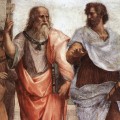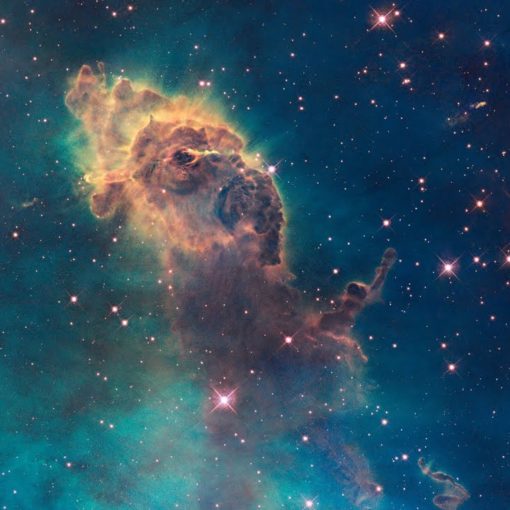Definitions
Natural Theology – the enterprise of providing reasons and arguments for the existence of God independent of Scripture
A Posteriori – arguments dependent on experience or empirical evidence
- Cosmological Arguments – facts about the universe
- Teleological Arguments – evidences for design
- Historical Arguments – evidence from the past
A Priori – arguments independent of experience; no appeal to evidence
- Moral Arguments – evidence from moral experience
- Consciousness Arguments – start with self awareness
- Ontological Arguments – start with the definition of God
What is God?
- Creator Theology – starts with “God is creator of the universe”
- Perfect Being Theology – starts with “God is a maximally great (or perfect) being”
The Original Ontological Argument
- Anselm formulated the Ontological Argument in the Proslogium as a means of finding a single, simple argument for the existence of God that entails all of His superlative attributes
- Hence, even the fool is convinced that something exists in the understanding, at least, than which nothing greater can be conceived. For, when he hears of this, he understands it. And whatever is understood, exists in the understanding. And assuredly that, than which nothing greater can be conceived, cannot exist in the understanding alone. For, suppose it exists in the understanding alone: then it can be conceived to exist in reality; which is greater. Therefore, if that, than which nothing greater can be conceived, exists in the understanding alone, the very being, than which nothing greater can be conceived, is one, than which a greater can be conceived. But obviously this is impossible. Hence, there is no doubt that there exists a being than which nothing greater can be conceived, and it exists both in the understanding and in reality. (1962, p. 8)
- Criticism
- Guanilo – Parodied the argument: A greatest conceivable island is one that exists; therefore, there is a greatest conceivable island
- Kant – Existence is not a property
- Aquinas – Equivocation between “God” and “concept of God”
Modal Logic Background
- Possible World – a maximal description of a possible (i.e. non-contradicting) state of affairs
- Necessary – cannot fail to exist or be true i.e. it is the case in every possible world
- Contingent – can fail to exist or be true i.e. is not the case in every possible world
- Impossible – cannot exist or be true in any possible world e.g. a married bachelor
- Alethic Possibility – the way things actually could be e.g. you could have never been born
- Epistemic Possibility – doesn’t contradict current knowledge; i.e. “for all I know, this could be the case”
Alvin Plantinga’s Modal Ontological Argument
- It is possible that a maximally great being (MGB) exists
- If it is possible that a MGB exists, then a MGB exists in some possible world
- If a MGB exists in some possible world, then a MGB exists in all possible worlds
- If a MGB exists in all possible worlds, then a MGB exists in the actual world
- If a MGB exists in the actual world, then a MGB exists
- Therefore, a MGB exists
Conclusion
- A MGB is either necessary or impossible
- If the ontological argument is sound, atheism is logically equivalent to saying God is impossible








